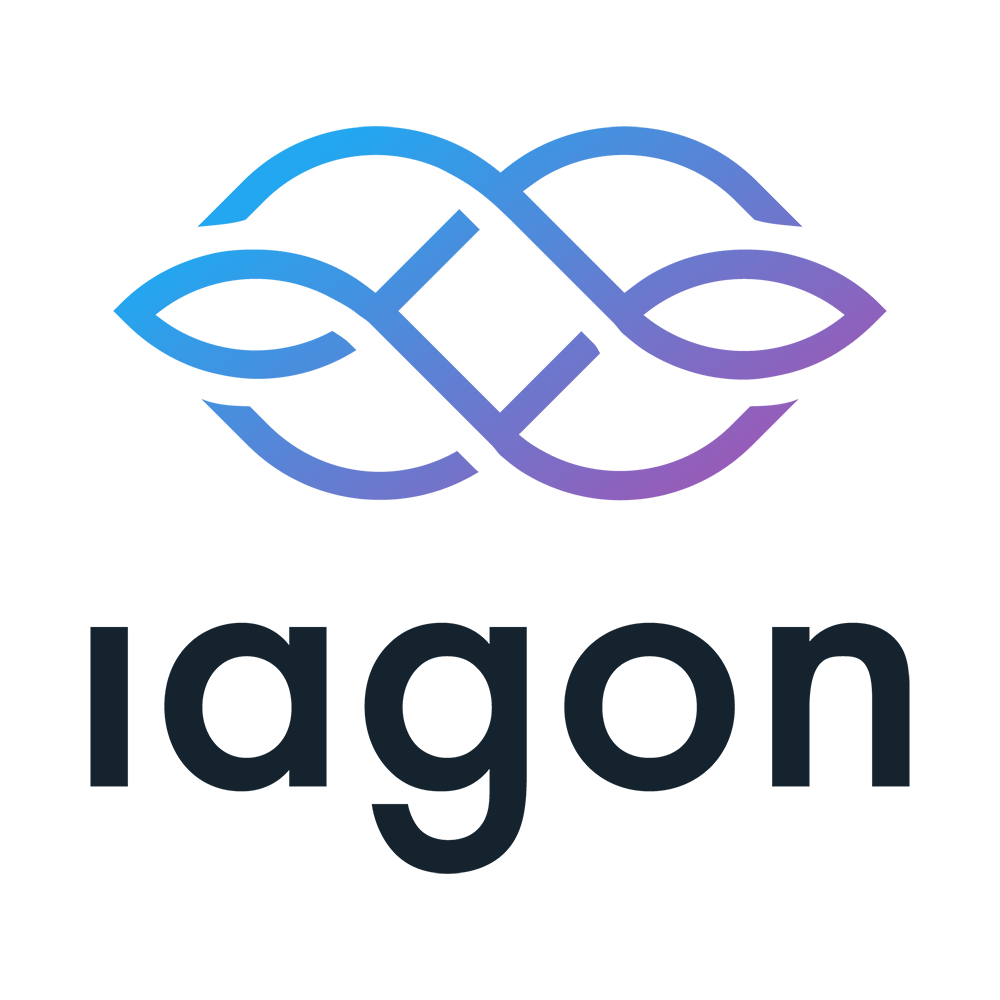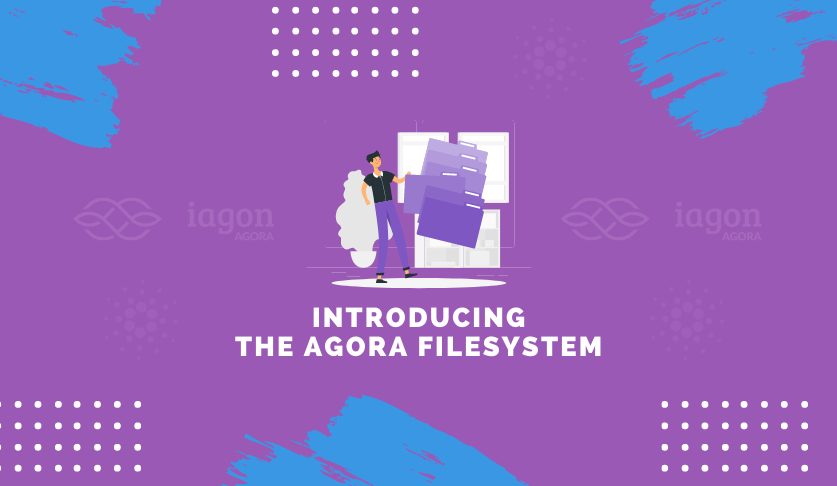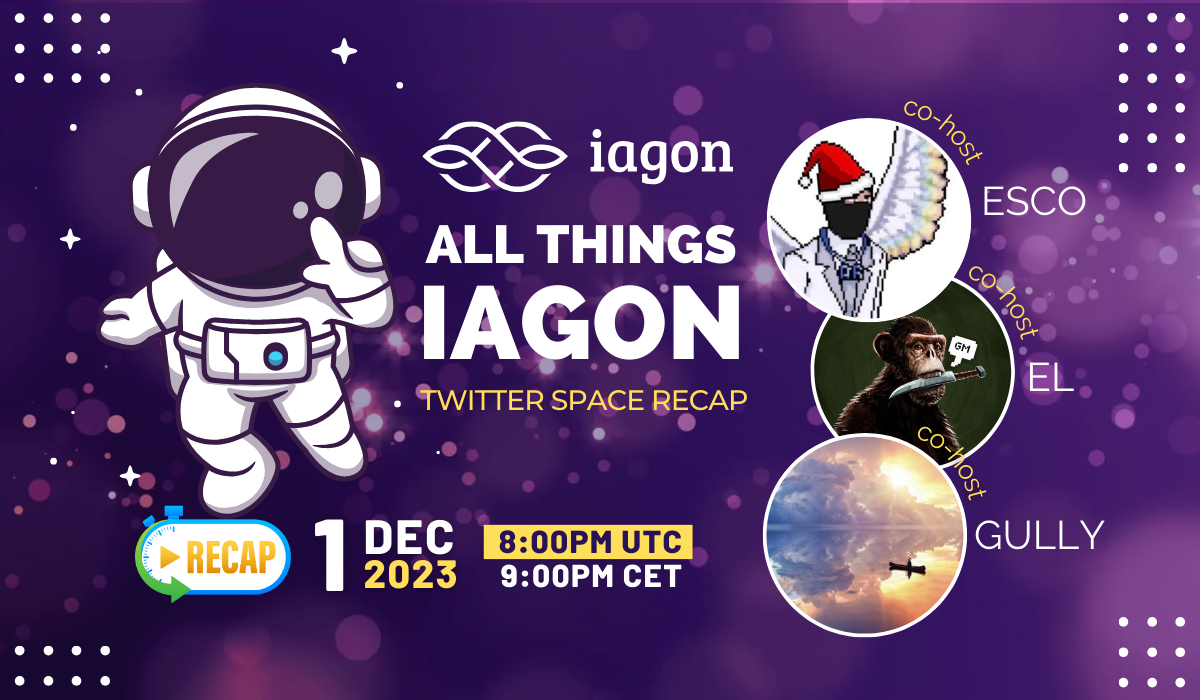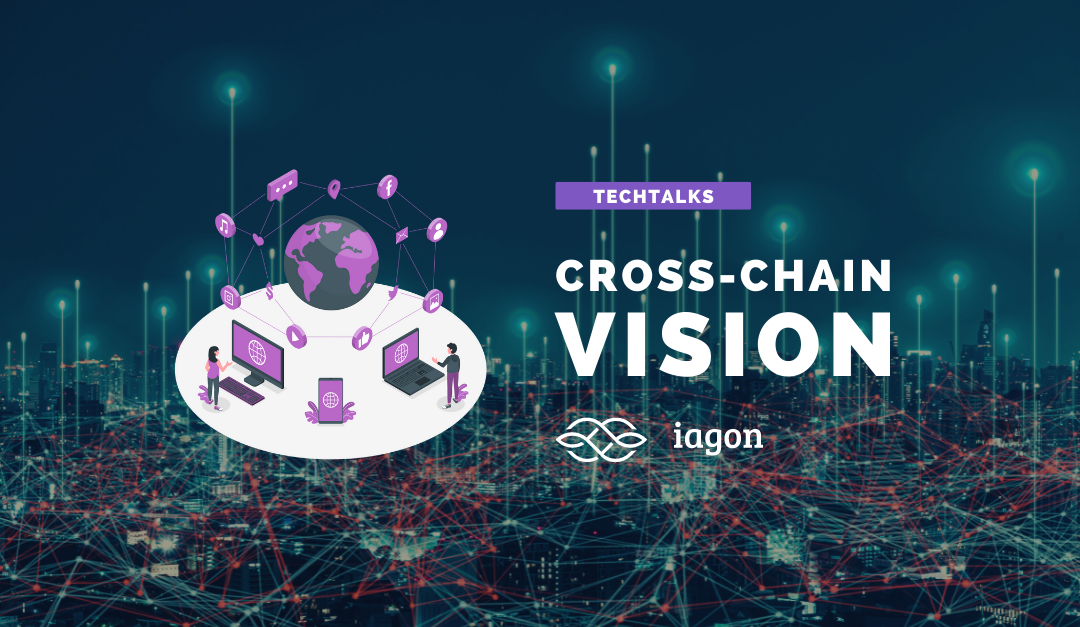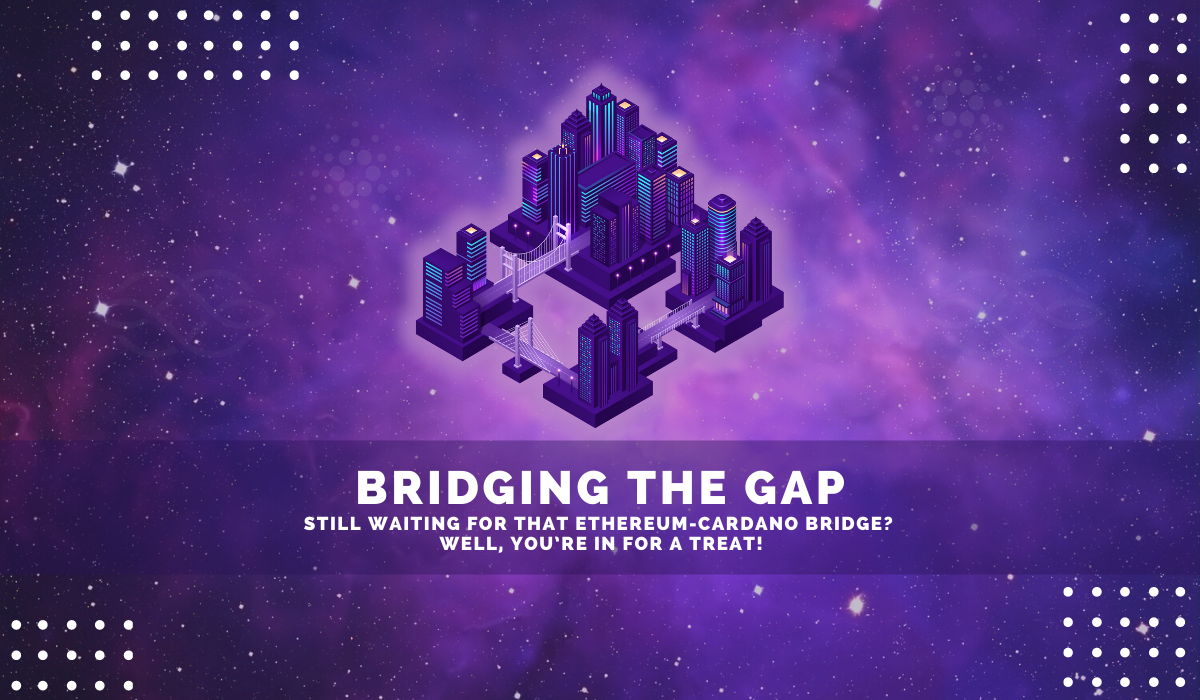Agora - what’s in the name?
We are pleased to announce a new ecosystem, called “Agora”. The name “Agora” is derived from ancient Greek and refers to a public space used for assemblies, the birthplace of democracy. We chose this name as it shows a lot of similarities as the Agora-protocol will function as a public file management system, which means that all uploaded content will be visible to everyone and stored in a permanent, time-stamped state, and which will ultimately be curated by the community itself. In short, the Agora platform will enable all users to share a wide variety of content files with each other.
Check Agora landing page and join our community on Telegram to have a chance to be a Agora beta-tester.
First Steps to Adoption
The first iteration for Agora will focus on NFTs, allowing individuals and businesses to publish creative content. This first use case will be used for beta-testing the Agora platform. We choose to limit the first content files as we will be testing out the scalability and community curation during beta-testing.
Individuals or businesses who are willing to interact with the Agora platform, simply need to connect their preferred Cardano wallet to the Agora protocol to use the file management system, which will eventually be upgraded to a complete NFT-marketplace. People who are interacting with the platform will be offered the possibility to simply display and share their content or to actively sell or purchase certain content. At the base level, the users' identities will be pseudo-anonymous as only the wallet’s public address will be visible to the broader audience.
To stay through to our promise of decentralization, complete KYC-compliance isn’t and will never be obligated, but users are simply offered the possibility to submit a KYC verification in order to prove the provenance of the content. By proving authenticity, other platform users can easily identify the company's or person's authentic content, thus creating more secure legitimization concerning the value of the uploaded content. These KYC-compliant solutions will be introduced after beta testing is finished.
Community On Guard with support of AI-driven solutions
Upon completion of the beta version of the Agora platform, more features will be added and it will be available to the broader public, enabling everyone to share and consume content publicly. The first additional features will include new forms of content files and social commentary possibilities.
Now you may be thinking, to what extent will there be censorship as individuals might post content that could be considered “illegal” or “offensive”. How would Agora facilitate the moderation of “illegal” or “offensive” content?
At Iagon, we had the same concerns, and we’re aware of the fact that some kind of moderation should be put in place. That is why we have designed social and technological mechanisms that can be applied and used by the community to reduce the chances of interacting with “illegal” or “offensive” content.
Regarding the technical part, we will provide a dual AI-driven solution that interacts with abnormal patterns as well as deviations from the predefined community guidelines. We are still defining the last technical parts of the solution, but the base structure would consist of an AI solution (linked with independent Oracles) that recognizes content or commentary files that aren’t in line with our predefined community standards. The AI solution will automatically flag these files and place them under quarantine. As with every AI solution, our system will run through a trial-and-error phase. To run through this phase, we put a social mechanism in place as well, that could be divided into two components, namely the “Agora Reputation Score” and the “Quarantine for illegal content”.
Agora Reputation Score - ARS
The first component could simply be described as follow:
- If you act positively, your reputation score increases.
- If you act negatively, your reputation score decreases.
The system will provide any user (uploader, voter, passive reader, or any other participant), who registered through a wallet address, an "Agora Reputation Score" (or in short, “ARS”).
Each user starts with an “ARS” of 0 and this score could be improved or damaged by taking part in different types of activities, namely:
- Uploading files - If your file gets flagged by our AI solution or it gets reported and found inappropriate by the Vetting Committee (cfr. infra), your ARS reduces. Otherwise, your ARS increases with a certain predefined amount of points.
- Removing or moving files between folders - To increase activity and content, you get rewarded points for providing content for a certain amount of time. If you move the file between folders or remove the content completely before this time frame, your ARS decreases. However, mechanisms will be made available in order not to punish users if files are uploaded unwillingly.
- Voting - To increase the participation level of each user, voting will be incentivized by offering points to a user’s ARS. However, if the algorithm picks up any abnormal patterns (e.g. “Troll-attacks or coordinated downvotes), a user’s ARS will decrease with a predefined amount of points.
- Opening uploaded files - To enhance involvement and the likelihood of tracking “illegal” or “offensive” content, users are rewarded points for opening files.
By introducing this point system, Agora will be able to define certain tiers of users based on their respective ARS. Each tier will come with its own benefits, which will be redefined and finalized during beta testing. Some of these will include exclusive access, premium subscriptions, and certain discounts where possible.
Quarantine For Illegal Content
The second component could be described as a state of “quarantine for illegal files”. All content is continuously up for revision by the community in combination with our AI-driven solution (linked to independent Oracles), meaning that content, undetected by our AI solution, can be reported as illegal by any user. Content that our AI solution, consisting of machine learning and an optical character recognition system, flags as “questionable” will temporarily be removed from the public shared state, thereby becoming invisible to the public.
By using the previously described tier system, the Agora platform will decide to form a “vetting committee”, which will be entitled to vote on the complete removal or public return of quarantined files. The “vetting committee” will be supported by independent Oracles in case of any impasses or anomalies. Users that are actively participating in the “vetting committee” will be monetarily rewarded (in crypto) for taking up this function.
Potentially members of the “vetting committee” will come in touch with “illegal” or “offensive” content, and for this reason, any member will need to comply with the KYC process, as only users who are 21 years or older could participate. This mechanism has been put in place in order to comply with all regulations concerning “illegal” and “offensive” content and to avoid any exposure of minors to such content.
Purpose of Agora
By creating Agora, we aim to create a community-driven social engagement platform, which will eventually develop into a full NFT-marketplace, where people can interact, share and purchase content. In short, Agora could become the go-to place to interact with other users and share content, ideas, and social commentary in a decentralized manner.
Disclosure. The current description only provides a rough draft of the system architecture, which hasn’t been finalized yet. The final structure of Agora will be subject to change in accordance with the development proposed by the community. Agora will eventually be an organically driven, community-owned platform and the future progress will be reliant on the user’s feedback.
About Iagon
Iagon aims to revolutionize the cloud by developing a massive processing and storage platform (designed for the Cardano Ecosystem) where anyone can profit from shared resources. The whole value proposition circles back to the potential of blockchain technology by letting smart device owners join the storage and processing power grids to create a completely decentralized data cloud and supercomputer.
